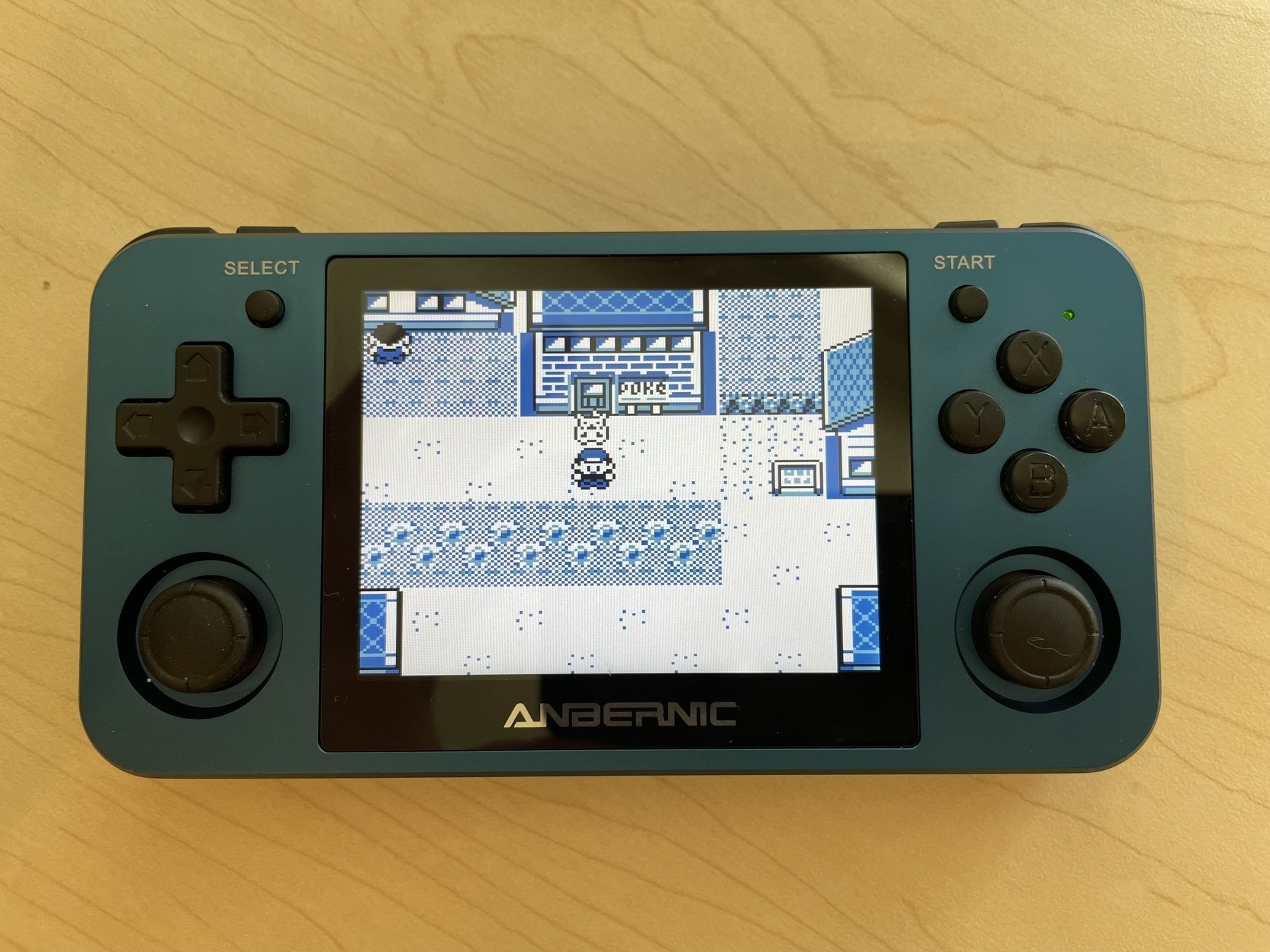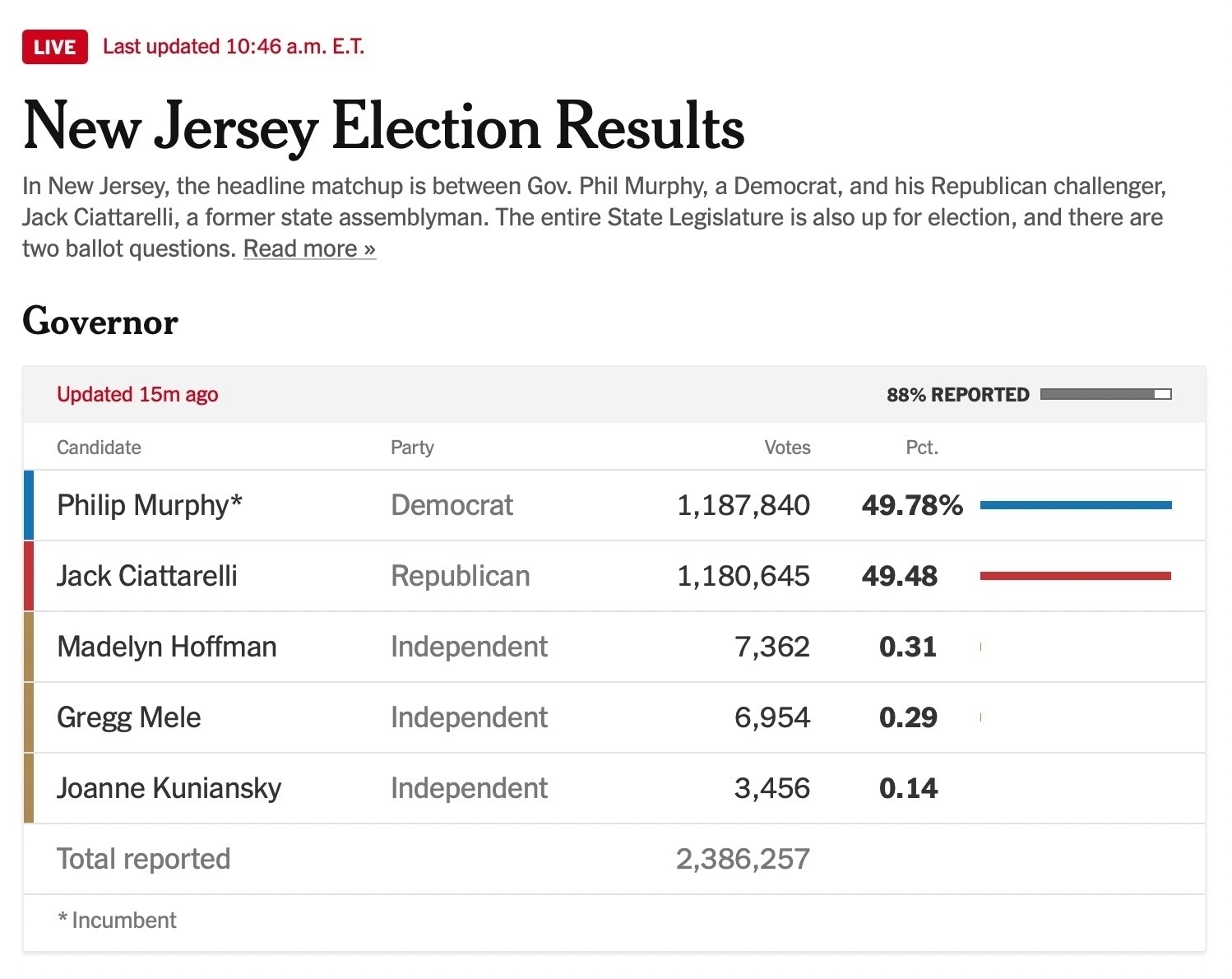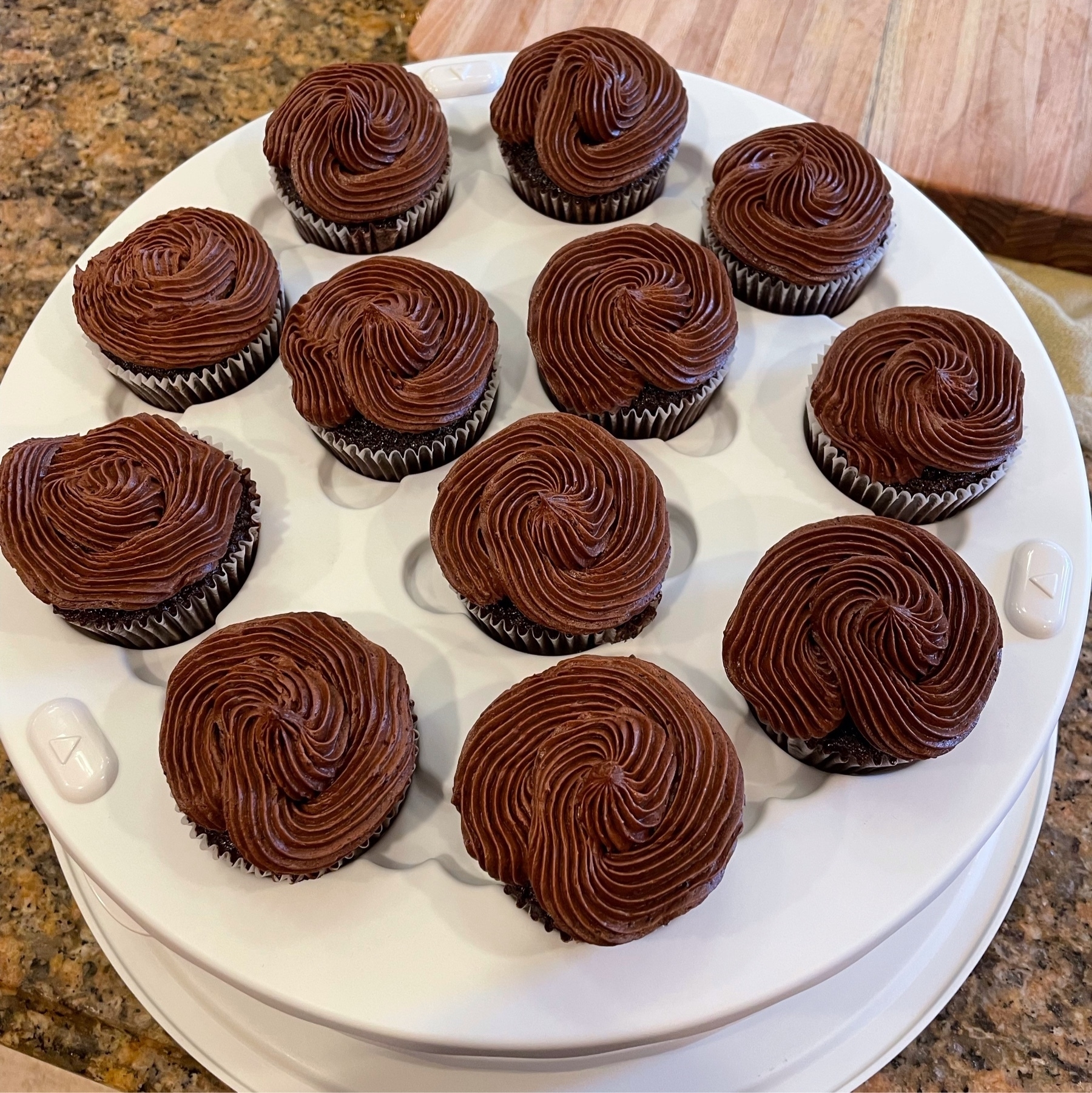One fun thing I did with my daughter tonight is to compare the slide decks we are developing. I’m working on an InsurTech presentation for work, and she created a Civil Rights & Women’s Suffrage presentation for school. I think it’s fun for her to see that we are doing a similar thing.
Tonight I walked her through the concept of a build slide using one I created for my talk next week. On a build slide, the content pops in one element at a time, which allows you to step the audience through a step-by-step process without overwhelming them by showing all the steps up front. (If overused or distractingly animated, build slides are annoying. Judiciously used, they can be very effective.)
I also showed my daughter how I use different and varied visual layouts to make my slides visually appealing. I showed her that good slides tend to have only a few things on them—six or fewer, usually. I tried to explain how to incorporate icons with text, but my business-y examples of icons meant nothing to her, so I don’t think she grasped it.
She was most impressed to see that I write a lot of text in the speaker notes section, which is displayed below the slides. She said that they didn’t teach her to write speaker notes in school, which surprised me a little, because she is giving live presentations, not just turning in completed slide decks.
I use speaker notes extensively because I prefer to script my talks and revise the scripts as I rehearse them out loud. That process helps me cover my points in as few words as possible. It also helps me fit the words to my mouth, which is how I describe editing my text to sound more natural when I say it.
By the time I’m done, I have practically memorized the script, so I do not have to read it, and it feels very natural to say what I have prepared. That method requires writing skills that are beyond the fourth grade level, I’m afraid, but hopefully my daughter will be ready to learn how I do it someday.



